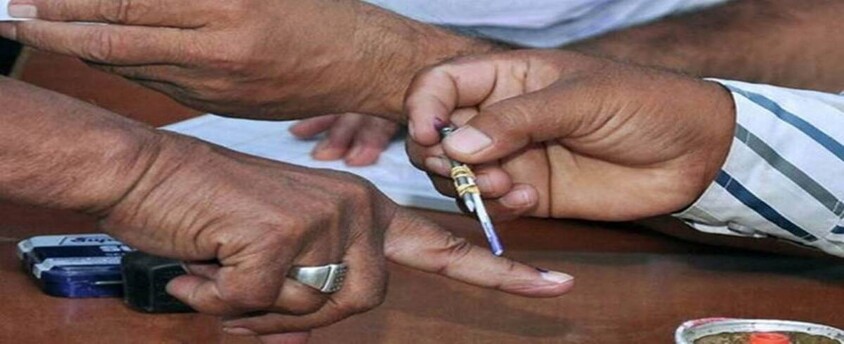Nagaland’s Municipal Tightrope
20, Apr 2023

Prelims level : Polity
Mains level : GS-II Polity - Devolution of powers and finances up to local levels and challenges therein
Why in News?
- The Nagaland government decided to be in contempt of the Supreme Court rather than going against the community-based organisations and facing their wrath by repealing the Nagaland Municipal Act of 2001.
- The move led to the cancellation of the State Election Commission’s notification for conducting the Urban Local Bodies (ULBs) elections in Nagaland with 33% of the seats being reserved for women.
- However, the Supreme Court has stayed the notification cancelling the ULB elections body polls.
- Further, in the Legislative Assembly elections held in 2023, two women were elected to power for the very first time in Nagaland.
Opposition to ULB polls:
- Nagaland is said to be the only State in the country where Urban Local Bodies seats are not reserved for women which are mandated under clause IV of the 74th Constitutional Amendment Act of 1992.
- The key reason for not extending the reservation to women is that several traditional tribal and urban organisations have opposed the 33% reservation of seats for women.
- These organisations believe that such reservations would violate the special provisions extended to Nagaland through Article 371A of the Constitution.
- According to Article 371A, no Act of Parliament would apply to the religious or social practices of the Nagas, their customary laws, administration of civil and criminal justice, and ownership and transfer of land and resources.
- Apex tribal hohos (bodies) argue that women have not been part of decision-making bodies as per their customs and traditions.
- The first and only ULB elections in the State were held in 2004 without reservation for women.
- In 2006, the State government amended the Municipal Act of 2001 to extend 33% reservation for women as mandated by the 74th Constitutional Amendment.
- This led to widespread opposition from local organisations which forced the government to postpone the ULB polls in 2009.
- Again in 2012, efforts to conduct the elections were met with strong protests.
- Later in September 2012, the State government enacted a resolution to exempt Nagaland from Article 243T of the Constitution which mandates the reservation for women in ULB elections.
- The resolution to exempt the state from Article 243T was revoked in 2016 and elections with 33% reservation were notified. This notification resulted in widespread protests and large-scale violence and the government declared the process to conduct the election null and void in February 2017.
Latest developments:
- Due to the pressure from the Supreme Court, the current Nagaland government after consulting various stakeholders such as churches, NGOs, and tribal bodies, established the ground for conducting elections in March 2022.
- The State Election Commission March notified the election dates.
- However, the tribal hohos and various civil society organisations opposed the move and cautioned the government that they would boycott the polls until the Municipal Act which extends reservations for women is reviewed and rewritten as per the will of the Naga people.
- Due to public pressure, the government has repealed the Municipal Act as the people “cannot be compelled” to participate in the elections.
Path ahead:
- Various tribal and civil society organisations demand a “guarantee” that extending reservations to women would not violate the provisions of Article 371A.
- They say that before conducting the ULB elections, the duration of the reservation must be capped at two tenures and have demanded that the post of chairperson must not be reserved for women.
- The Naga Mothers’ Association (NMA) has held that the State government should have listened to or consulted women’s organisations before taking such decisions.
- Various women organisations have argued that reservations do not infringe upon Article 371A of the Constitution.
- The Supreme Court has also criticised the State government for adopting an “ingenious method” of repealing the Municipal Act to escape the court’s orders.
- The Supreme Court also pointed out that nothing so far has emerged w.r.t. Article 371A that denies the right of equality to women.






